Our mission is to serve medically compromised patients. We see patients referred by other physicians and use our clinical expertise to provide excellent dental care despite their other health and medical issues.
Service
Our mission is to serve medically compromised patients. We see patients referred by other physicians and use our clinical expertise to provide excellent dental care despite their other health and medical issues.
We are experienced in providing dental care for patients with a number of conditions, including:
- Hematologic/Coagulation Disorders
- Head and Neck Cancer/Radiation Therapy Patients
- IV Bisphosphonate (We evaluate prior to and/or following treatment)
- Stem Cell or Organ Transplant
- Cardiothoracic Surgery
- Orthopedic Patients pre-total joint replacement
- Intellectual/Developmental Disabilities including Autism, Dementia and Down Syndrome
- Immunodeficiency, Autoimmune Disorders
- Respiratory Conditions including Cystic Fibrosis, airway compromise, ventilator or severe oxygen dependency for medically necessary dental care
- Trauma Patients
Additionally, the Extra Dental treats Extra Dental employees and their dependents.
Scientists have developed useful models of CF by engineering mice and other lab animals to have CFTR gene defects. However, to screen libraries of potential drug compounds to find any that work against CF, scientists typically need lab-dish (in vitro) models. The new in vitro model developed by Ribeiro and colleagues uses bronchial epithelial cells and mucopurulent materials from lungs that were removed from CF patients during lung transplants. The cells are exposed to a solution derived from the CF mucopurulent material, which contains bacterial factors and inflammatory factors secreted by airway epithelia and inflammatory cells that accumulate in CF lungs with frequent infections.
More than Just Teeth and Gums
Dentists’ areas of care include not only their patients’ teeth and gums but also the muscles of the head, neck and jaw, the tongue, salivary glands, the nervous system of the head and neck and other areas. During a comprehensive exam, dentists examine the teeth and gums, but they also look for lumps, swellings, discolorations, ulcerations — any abnormality. When appropriate, they perform procedures such as biopsies, diagnostic tests for chronic or infectious diseases, salivary gland function, and screening tests for oral cancer.
In addition, dentists can spot early warning signs in the mouth that may indicate disease elsewhere in the body. Dentists’ training also enables them to recognize situations that warrant referring patients for care by dental specialists or physicians.
Education and Clinical Training
The level of education and clinical training required to earn a dental degree, and the high academic standards of dental schools, are on par with those of medical schools and are essential to preparing dentists for the safe and effective practice of modern oral health care.
Most dental students have earned Bachelor of Science degrees or their equivalent, and all have passed rigorous admission examinations.
The curricula during the first two years of dental and medical schools are essentially the same — students must complete such biomedical science courses as anatomy, biochemistry, physiology, microbiology, immunology and pathology. During the second two years, dental students’ coursework focuses on clinical practice — diagnosing and treating oral diseases. After earning their undergraduate and dental degrees (eight years for most) many dentists continue their education and training. Some go on to achieve certification in one of nine recognized dental specialties.
Upon completing their training, dentists must pass both a rigorous national written examination and a state or regional clinical licensing exam in order to practice. As a condition of licensure, they must meet continuing education requirements for the remainder of their careers, to keep them up-to-date on the latest scientific and clinical developments.
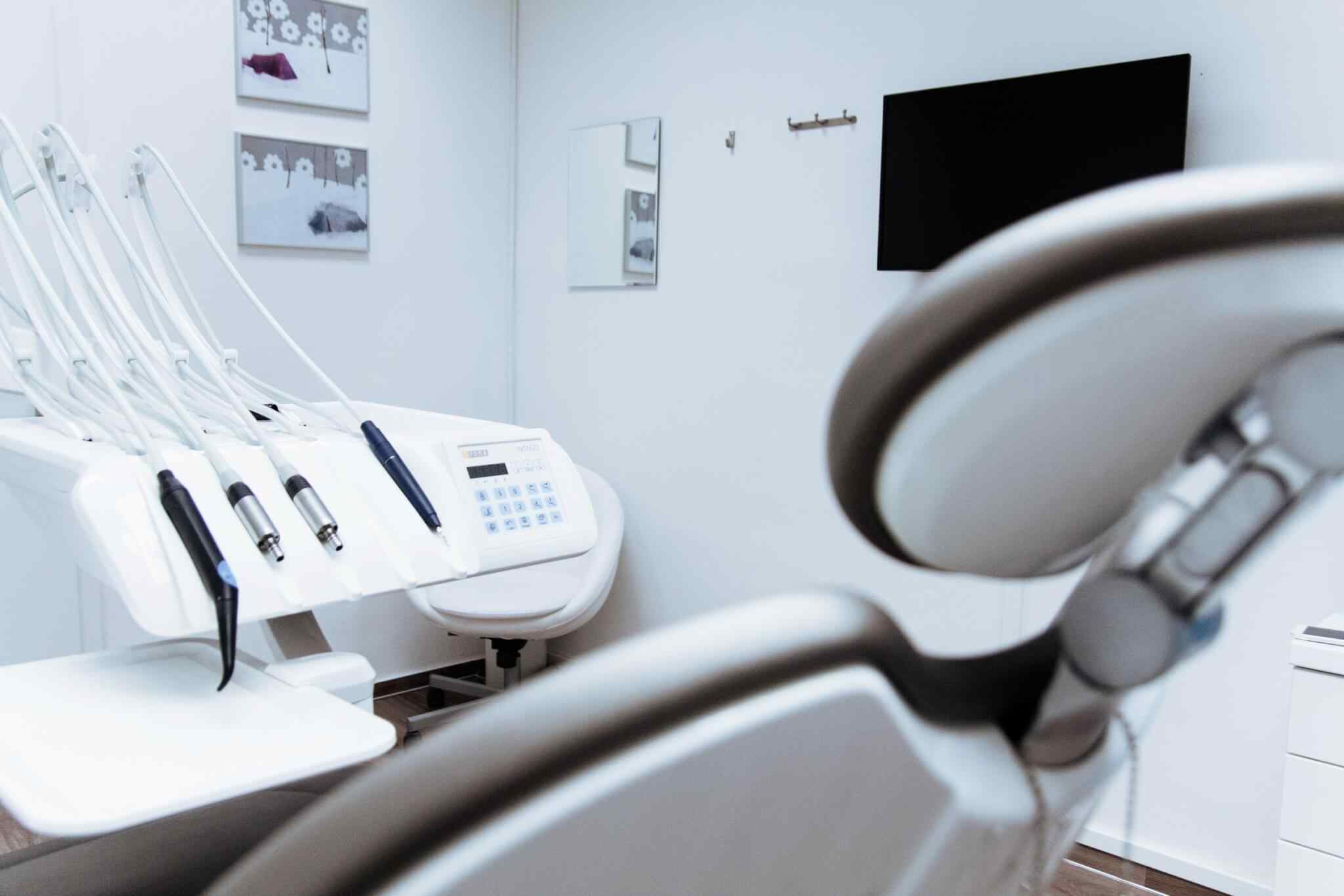
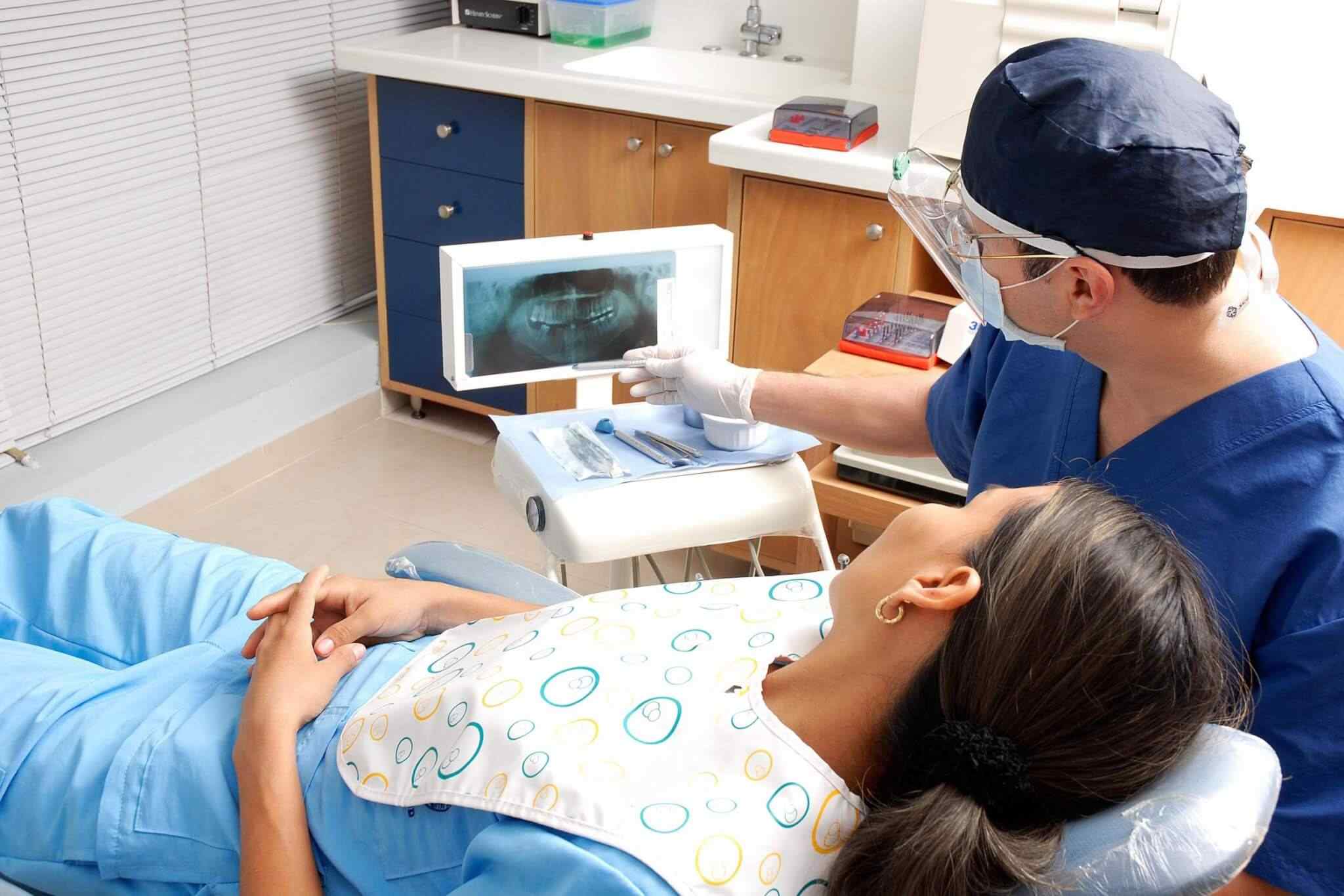
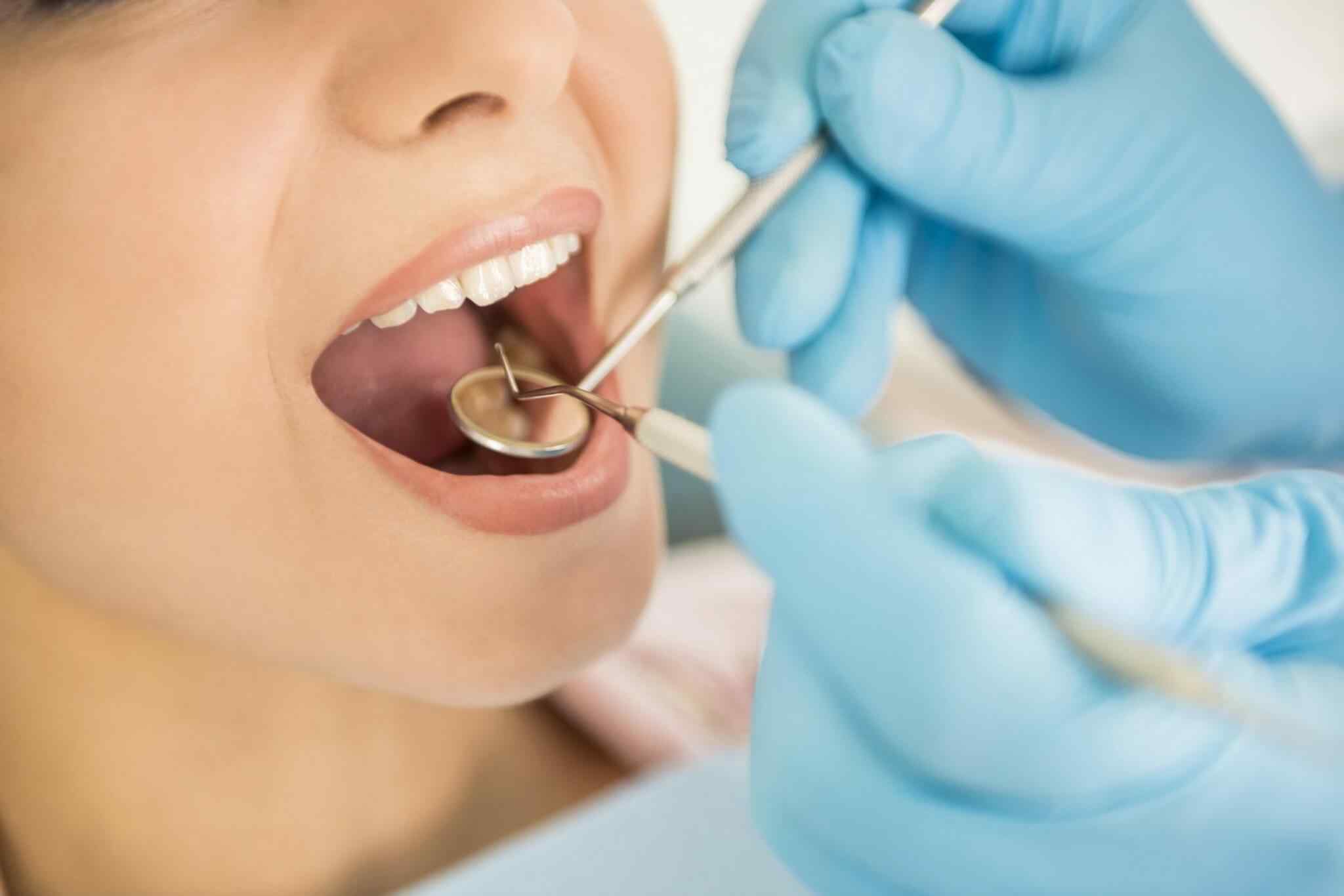
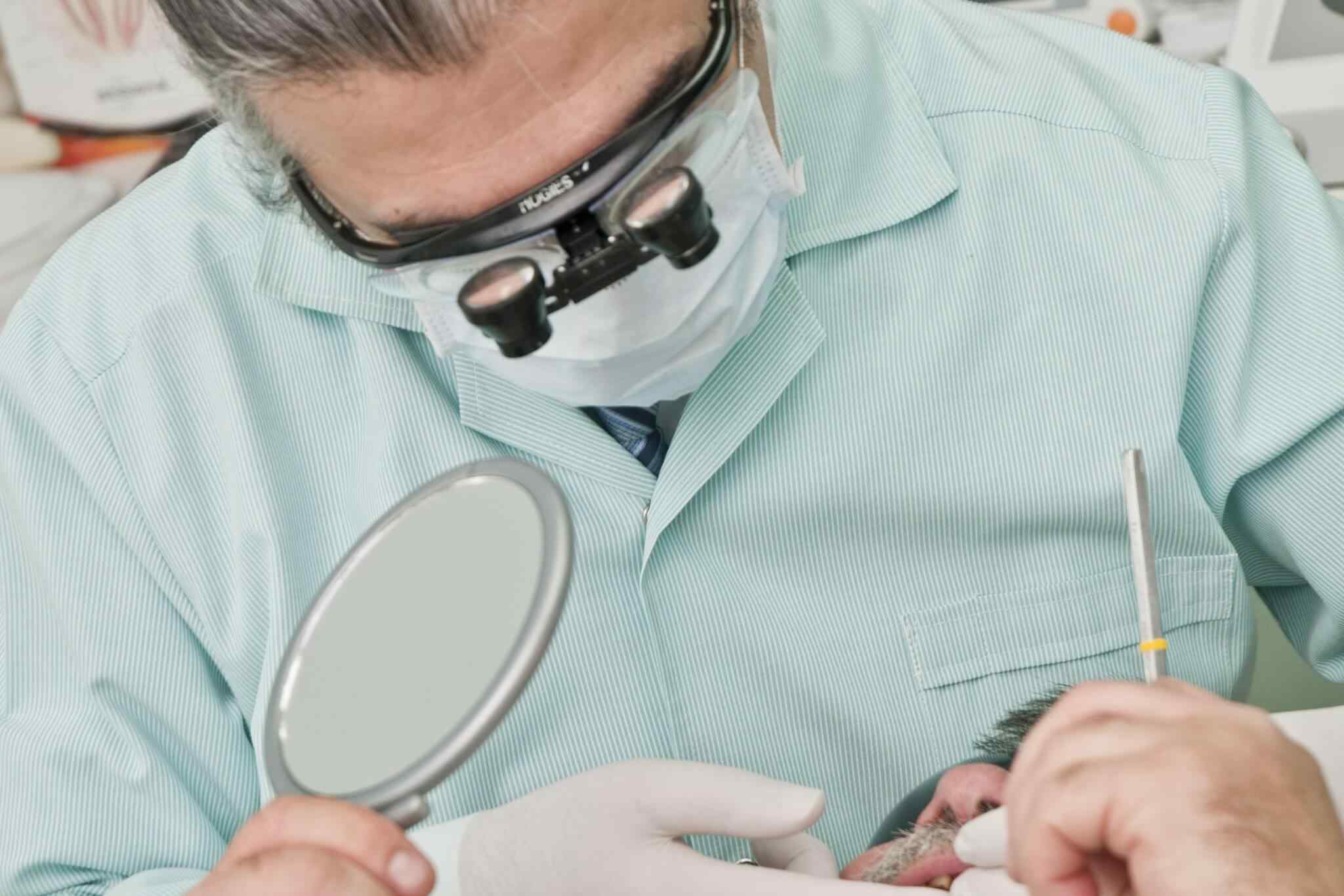

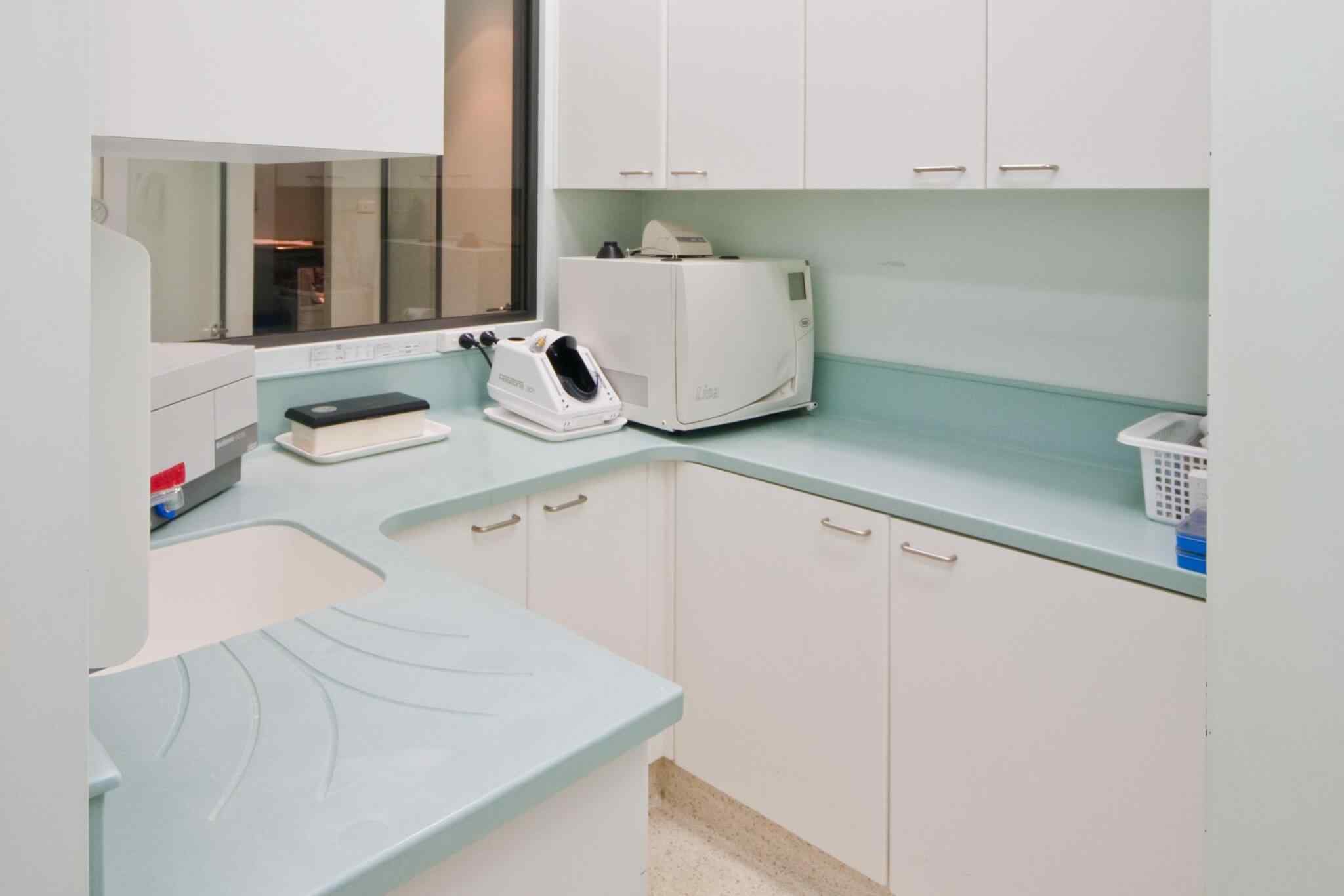



There are no comments yet.